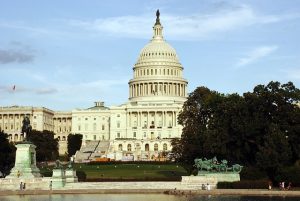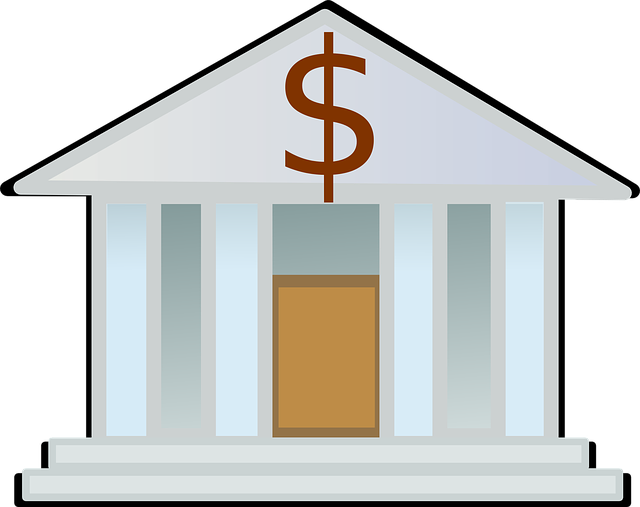Harris and Trump’s Proposed Budgets Analyzed by Penn Wharton
- Neville Gabby
- 0 comment
- August 28, 2024
 Presidential candidates Kamala Harris and Donald Trump are trying to win voters by disputing the viability of the other’s economic agenda for generating long term economic growth. Yet according to the analytical reports of the Penn Wharton Budget Model (PWBM), Trump’s proposed budget will likely increase the country’s budget deficits by $5.8 trillion over the next decade, which is five (5) times more than the projected deficit of VP Harris’ proposed budget.
Presidential candidates Kamala Harris and Donald Trump are trying to win voters by disputing the viability of the other’s economic agenda for generating long term economic growth. Yet according to the analytical reports of the Penn Wharton Budget Model (PWBM), Trump’s proposed budget will likely increase the country’s budget deficits by $5.8 trillion over the next decade, which is five (5) times more than the projected deficit of VP Harris’ proposed budget.
PWBM by the way is a non-partisan, research initiative of the University of Pennsylvania to provide transparent, accurate and accessible economic analysis of major fiscal budget projections. The purpose of which is to aid major US legislation although not for recommendation purposes.
Pen Wharton’s Comparative Analysis of Trump’s Proposed Budget Vs. Harris’ Budget Proposal
 Trump’s 2025 program intends to fund the government’s economic platform by imposing 60% tariffs on all Chinese imports and 10% on all imports regardless of origin. VP Harris on the other hand, proposes raising corporate taxes to 28% from the current 21%. The increase though needs Congressional approval before it can be implemented.
Trump’s 2025 program intends to fund the government’s economic platform by imposing 60% tariffs on all Chinese imports and 10% on all imports regardless of origin. VP Harris on the other hand, proposes raising corporate taxes to 28% from the current 21%. The increase though needs Congressional approval before it can be implemented.
Whereas, Trump’s plan of raising tariffs can be implemented through issues of Executive Orders in the same way he did during his 2017-2020 tenure. However, economists are warning that a repeat of the former president’s hard line tariff rules will likely reignite price increases of consumer goods; notwithstanding that inflation has only begun to recede.




